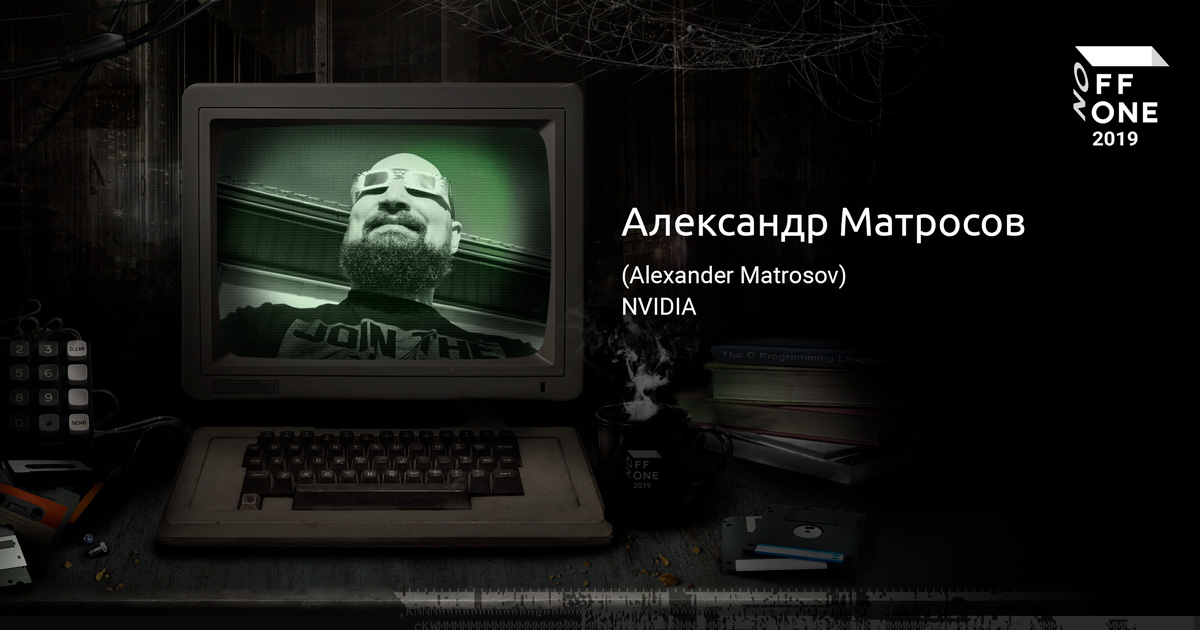We talk about one of the key speakers OFFZONE 2019

As part of the Global Cyber Week June 17-18, 2019, Moscow will host the second international conference on practical cyber security OFFZONE. We reveal the veil of secrecy and talk about one of the key speakers of OFFZONE 2019 - the famous cybersecurity researcher Alexander Matrosov ( matrosov ).
Alexander is leading offensive studies of iron and firmware for NVIDIA’s main product lines. Alexander has more than 20 years of international research experience in the cybersecurity industry, including reversing, analyzing the most complex malicious programs, developing operating methods for firmware, taking into account countering circumvention of protection tools.
')
The evolution of security software has a direct correlation with the development of the modern spectrum of threats. If each new phase of evolution is aimed at closing gaps in detection methods or algorithms for collecting and analyzing data on possible attacks, the main direction of development of complex threats, rootkits and, later, bootkits was definitely from the very beginning - finding the most effective methods to counter the detection and long-term consolidation in the attacked system.
The constant arms race on the field of active implementation of digital signatures for OS kernel modules, reduced opportunities for developers to access the kernel, and the widespread use of Secure Boot methods has led to a new evolution of threats. Today there is a clear tendency on the part of the attacker, which is to constantly move to lower levels in the system. And this displacement vector is actively shifting towards the hardware (Firmware / Hardware implants).
In his report “The Evolution of Complex Threats: The Armament Race Between the Analyst and the Attacking” Alexander, through the prism of the evolution of complex threats, will review how the approaches to reverse analysis and forrenics have changed recently, will talk about black spots in defense systems, focusing on what needs to be improved , to continue the race in the direction of evolution towards more effective protection.
We also invite you to submit an application for the Call for Papers (CFP) report on the conference website . Reception of applications ends April 29, 2019 .
Source: https://habr.com/ru/post/449686/
All Articles